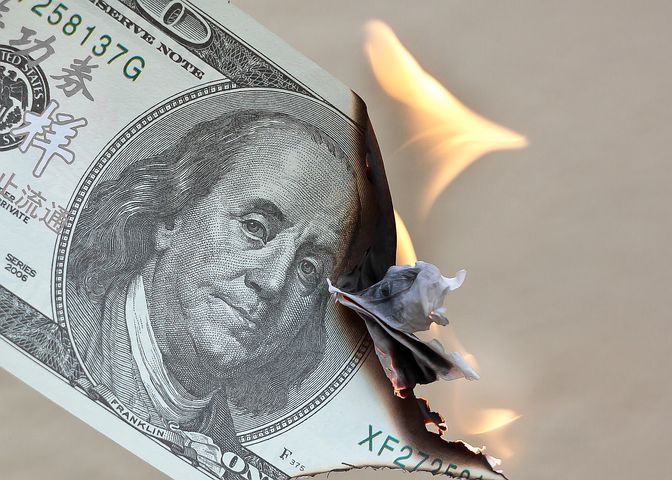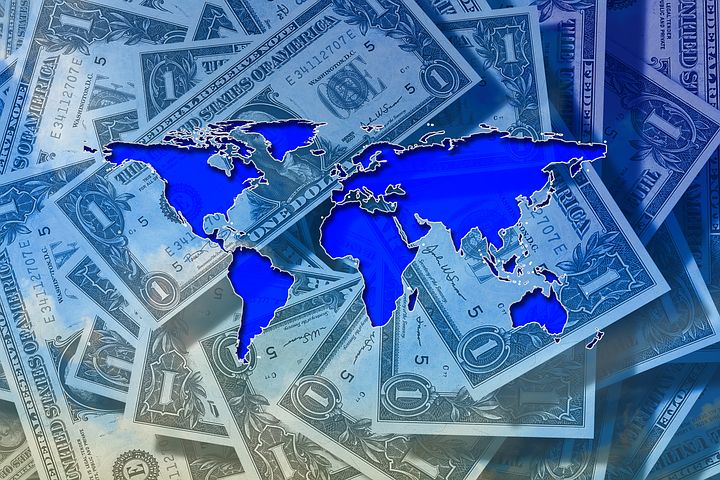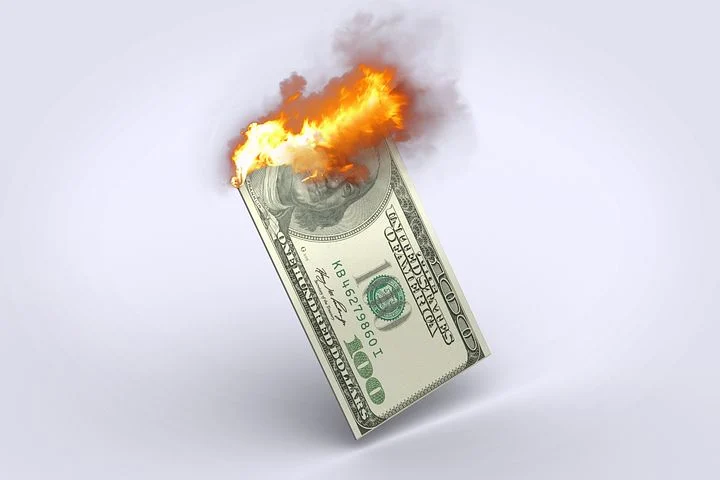
Dedollarization has begun, stressing that this is not just the imposition of dollars in an economic war. A monetary policy regime riddled with errors has further pushed interests away from the dollar. The destiny of the dollar as the lingua franca of world trade in the long term may already be determined.

The immense economic disruption experienced by Iran, and more recently Russia, after being excluded from dollar-based trading systems such as SWIFT prompted many countries to reconsider existing contingency plans.
The monetary policy response to the 2008 crisis and the Covid outbreak caused unexpected fluctuations in the dollar's value.

The pandemic sparked a huge expansionary response in 2020, followed by an initial indifference to a bout of inflation that then hit a four-decade high. Prior to the aggressive contractionary policy shift that rocked unstable financial institutions.
Several countries began working on reducing their dependence on the US dollar (de-dollarized), including an agreement between China and Brazil to settle trade in local currencies.
In addition, the BRICS countries (Brazil, Russia, India, China and South Africa) are reportedly working on creating a new currency.

A number of economists have made predictions about the future of the US dollar, predicting that the global reserve currency system will shift from unipolar to bipolar. The USD can lose a large part of its value in five years, one of which is dedollarization.
Rumors had developed among gold fans, that recently many people were advised to get rid of the dollar immediately. As for Robert Kiyosaki, he repeated his prediction that the US dollar is heading for a crash.